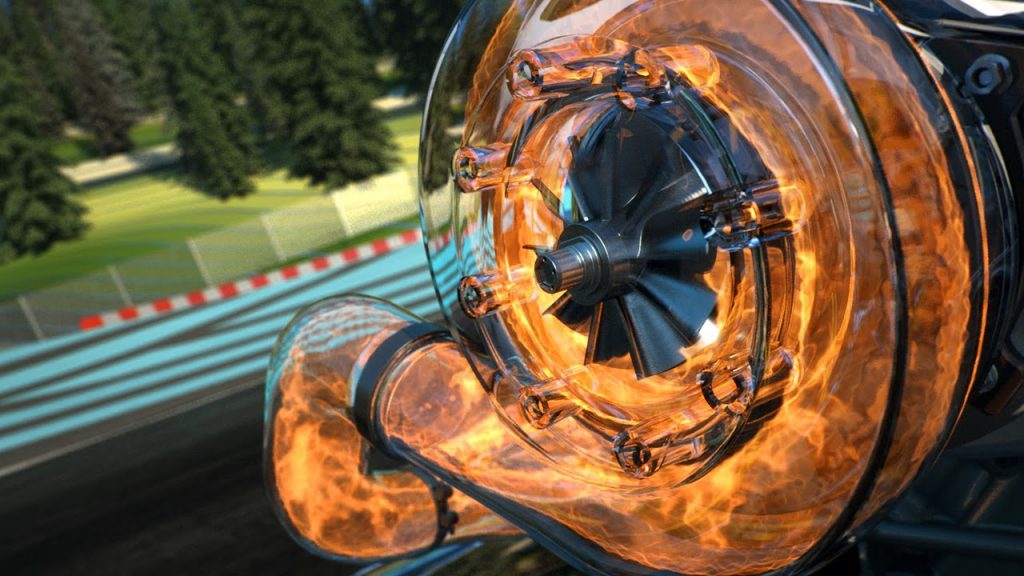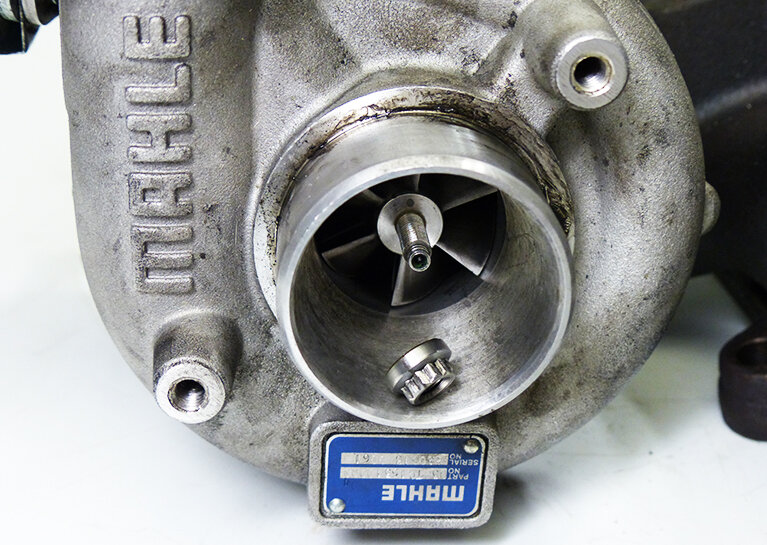What is a turbocharger?
The turbocharger is also known as the exhaust gas turbocharger or ATL for short. This is an optional assembly within an internal combustion engine that serves to increase the power and efficiency of the engine. The working principle of the turbocharger is that by using the kinetic energy of the engine exhaust gases, more outside air is introduced into the combustion chamber more quickly.
Reasons for a whistling turbocharger
There are many reasons why a turbocharger whistles. First of all, it is reassuring for car drivers that the whistling of the turbocharger almost never has complete wear as a trigger. One reason may be that a lack of oil supply is against. Basically, the connecting shafts between the turbine wheel and the compressor wheel are permanently lubricated. Poor oil or contamination as well as fuel in the oil can tear the oil film and cause the whistling.
Hot shutdown of a turbocharged engine after long and intensive operation can also cause the whistling of the turbo blade due to the immediate interruption of cooling. Burning oil in the engine can also be problematic for the turbo. The resulting oil carbon can then settle on the turbine. Problems with the exhaust system also often lead to problems with the turbo, which is particularly common in diesel engines with particulate filters. This is particularly common when a vehicle is driven predominantly in city traffic, as the filter is then not sufficiently burned free.

Is a turbocharger always defective when it whistles?
In principle, it is not a sign that the turbo is already defective if the turbocharger makes whistling noises. If, for example, the vehicle has been driven at high revs for a long time, the turbocharger may well whistle if the vehicle is switched off immediately. The turbo is therefore by no means immediately defective. However, care should be taken to ensure that this does not happen more frequently so that the turbocharger is not permanently damaged. Foreign bodies in particular can cause the turbocharger to whistle. Under certain circumstances, this also means that it can suffer damage. If these foreign bodies get into the intake tract, damage to the turbo can quickly occur.
Should a whistling turbo be taken to the workshop?
In any case, it makes sense to visit the workshop if the turbocharger whistles. Since laypersons are often unable to determine the causes, it is advisable to seek professional help here so that the turbocharger is not permanently damaged by unidentified influences alone.




